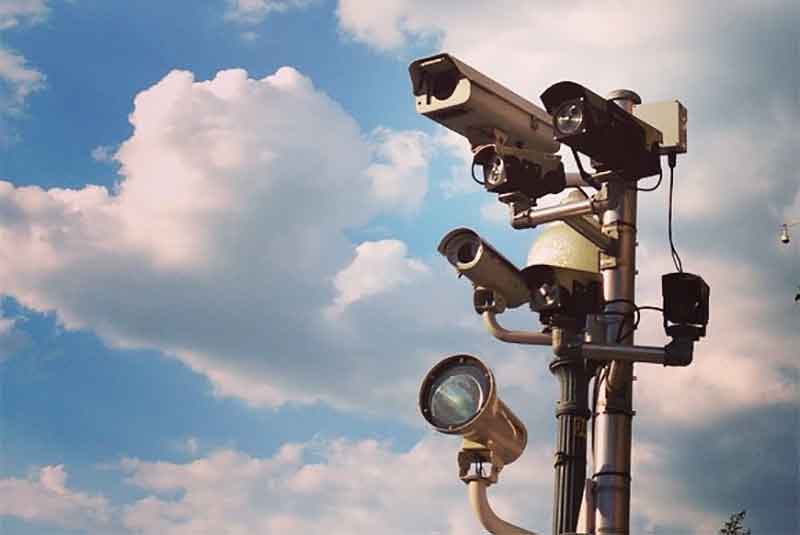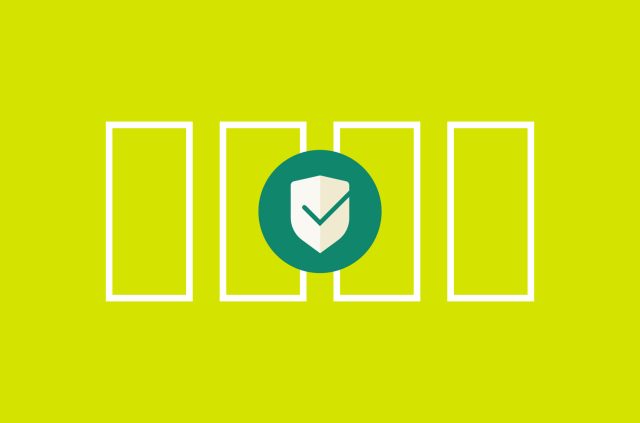Are the US and EU pulling in different directions over privacy?


Whatever your opinion of ex-NSA contractor Edward Snowden, there is no doubt that he opened a can of worms when he first began leaking documents detailing the surveillance efforts of the US.
Since then, major world powers have come under increasing scrutiny from their citizens, as well as varying amounts of pressure to cut or curtail their own international and domestic spying efforts.
Interestingly, however, EU nations appear to be pulling in the opposite direction to the US.
While the United States debates privacy reform — its ability to collect phone records in bulk is currently on hold after the Senate both vetoed the USA Freedom Act and failed to extend the Patriot Act recently — governments in Europe have been seeking ever more surveillance powers.
Spying in France
In the wake of the Charlie Hebdo attacks in Paris, France's governing body approved a new spying bill that affords its intelligence services sweeping new powers to monitor, track, and identify mobile phones, people, and vehicles, all without any meaningful judicial oversight.
The newly enacted law also requires telecommunications companies to analyse their own phone and Internet metadata and to report any signs of potential terrorist communication to the government. Where such activity is suspected, the telecoms will be expected to grant intelligence agents real-time access to relevant data.
Watching you in Germany
Once revered as a country that values privacy and the freedom of speech it affords (look at all the activists who live there, such as Jacob Appelbaum and Laura Poitras), Germany has also been participating in mass surveillance of its own. It has recently come to light that German intelligence services have been cooperating heavily with the American National Security Agency, allegedly spying on European companies and officials.
Chancellor Merkel, who received much sympathy from her people two years ago when it was revealed that American spy agencies may have been bugging her phone, now appears to have lost huge amounts of goodwill: one in three Germans say they feel deceived by her apparent approval of the German-US spying program.
Eyes everywhere, Ireland
Ireland, too — despite making a stand against the execution of US warrants against data stored on servers within its borders — has recently been accused of undermining its citizen’s rights.
Privacy campaign group Lobbyplag claims the nation is the third-worst offender (after Germany and the UK) in terms of pushing for changes to European privacy laws that would favor corporate entities and public bodies over the rights of ordinary citizens.
Surveillance OK in the UK
And in the UK, the recent election, which saw David Cameron return as Prime Minister, has also paved the way for the resurrection of the Communications Data bill, colloquially known as ‘The Snooper’s Charter’.
Previously resisted by the UK Conservative’s coalition partners, the party’s post-election majority paves the way for a fresh attempt at instigating the controversial legislation that would allow British intelligence agents to access just about every piece of data transmitted over the Internet.
The reintroduction of the bill, mooted by British Home Secretary Theresa May even before the final election results were known, coincides with the UK government rewriting the Computer Misuse Act to give GCHQ spies immunity from hacking laws.
How effective is mass surveillance?
It is perhaps no surprise that Europe seeks to strengthen its ability to spy on citizens both foreign and domestic in the wake of the horrific acts of terrorism that threaten the security of European nations. But, as we have seen in the US, the erosion of civil liberty has done little to enhance security. In October 2014, NSA Director Keith Alexander told a Senate Judiciary Committee that NSA data collection programs had foiled only one or two terrorist plots since they began in 2006.
Nonetheless, it looks as though it may be a long time yet before Europe wakes up to the lessons learned across the Atlantic.
Featured image: ExpressVPN
Take the first step to protect yourself online. Try ExpressVPN risk-free.
Get ExpressVPN












